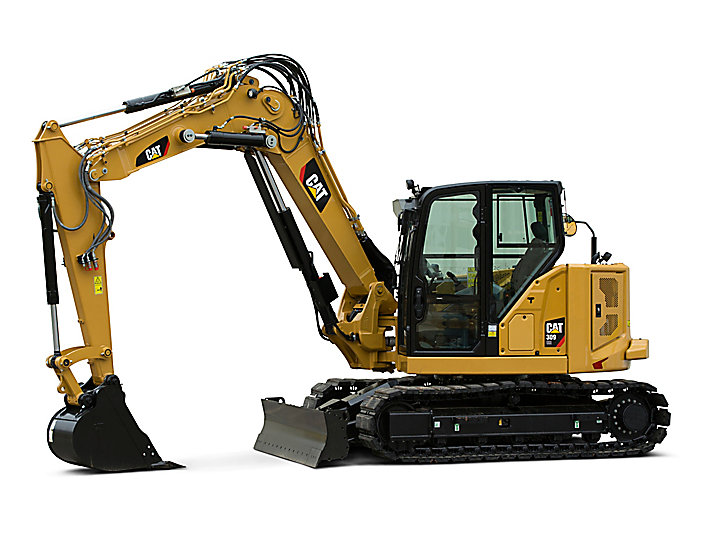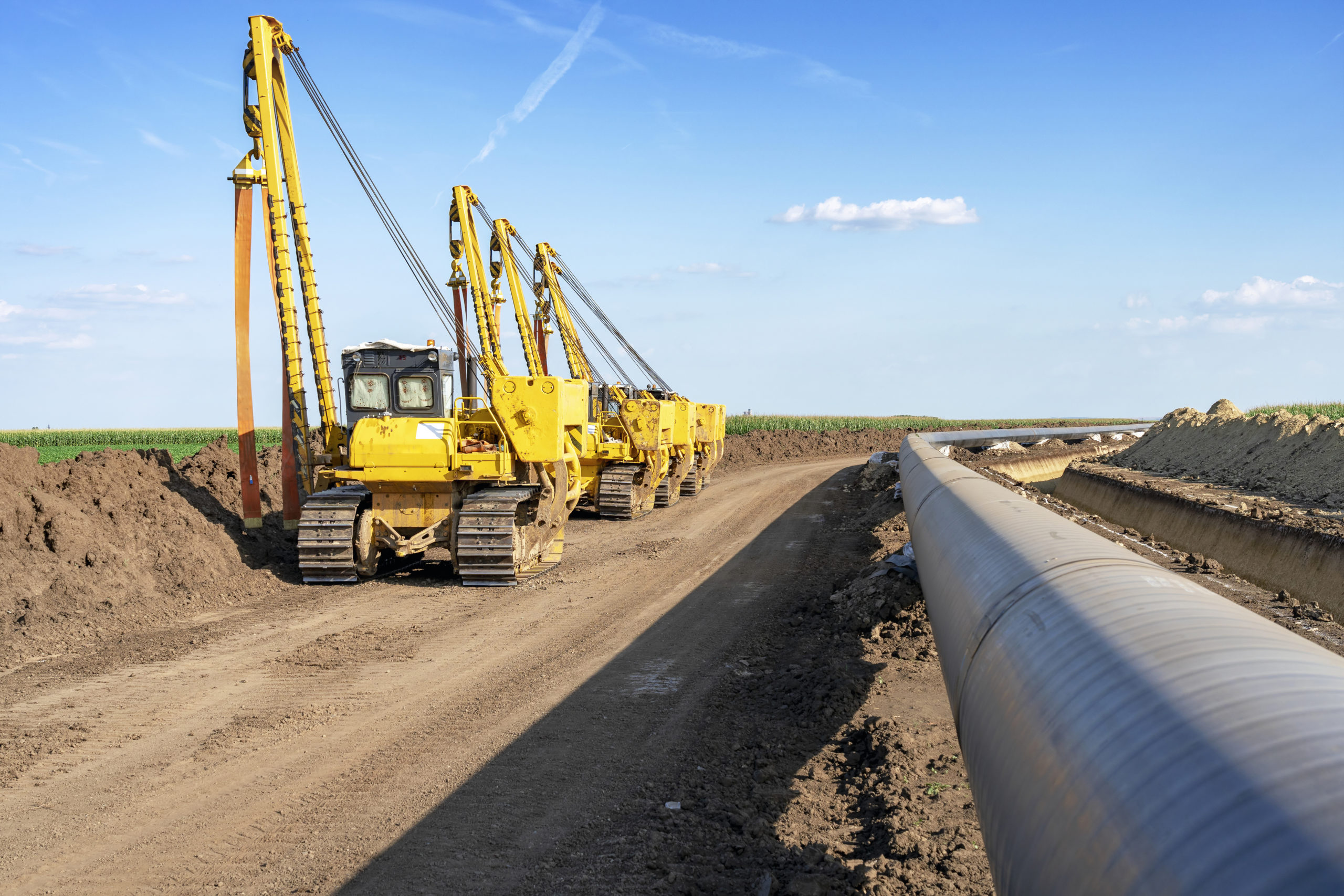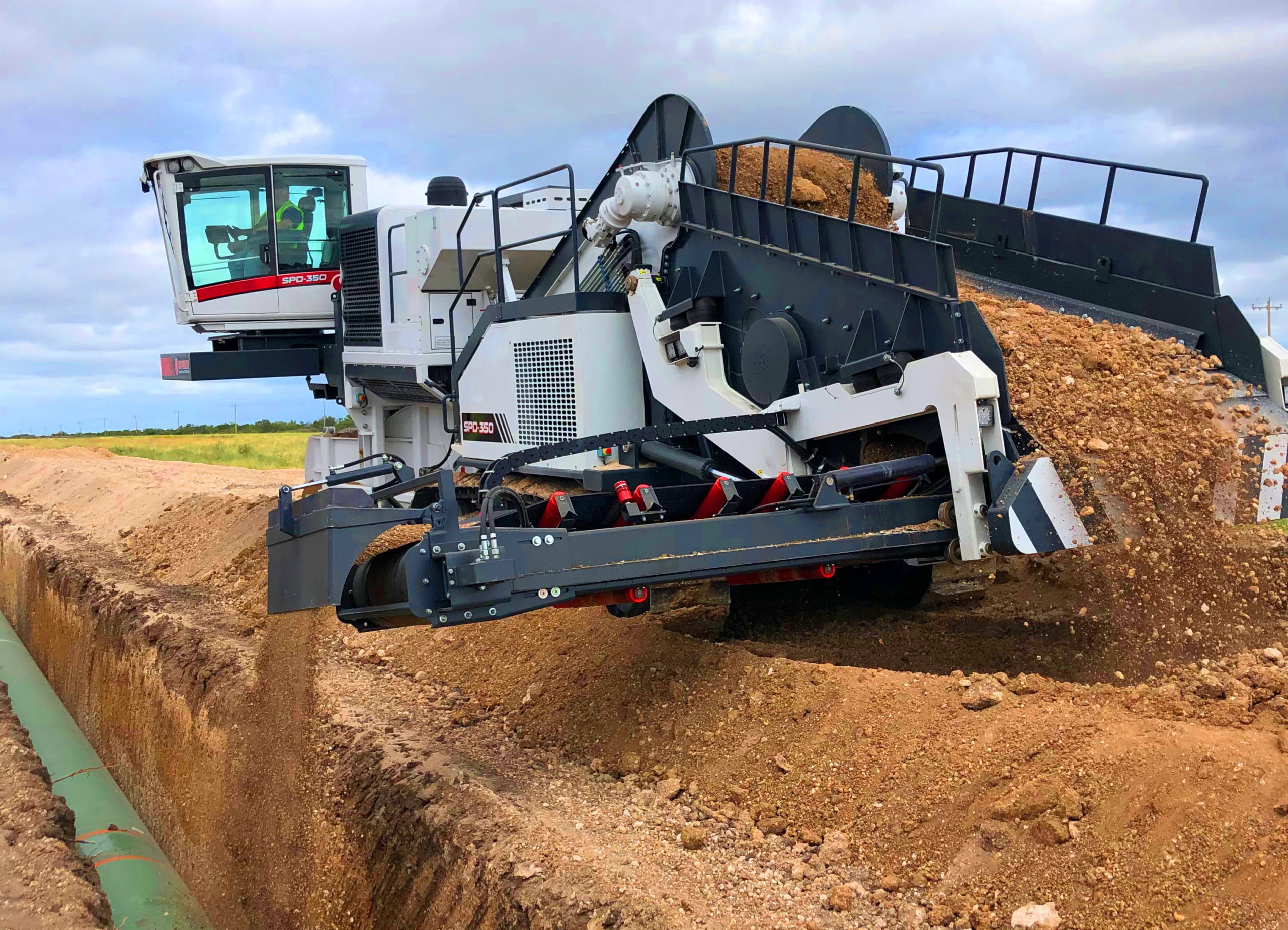A Comprehensive Guide to the Numerous Sorts Of Oil Field Equipment and Pipeline Equipment Available
The oil and gas market counts heavily on specific equipment for effective extraction and transportation. Various sorts of equipment, from drilling rigs to storage tanks, play crucial duties in this intricate procedure. Each piece of tools offers distinct functions that contribute to overall operational success. Understanding these parts is vital for anybody included in the industry. As the sector evolves, so as well do the modern technologies that support it. What innovations are on the perspective?

Drilling Rigs: The Foundation of Oil Exploration
Drilling rigs act as the crucial equipment in the domain name of oil exploration, making it possible for business to access hydrocarbon books buried deep beneath the Planet's surface area. These rigs can be found in various kinds, consisting of land rigs, offshore rigs, and mobile devices, each created to run in specific atmospheres. Equipped with innovative innovation, drilling rigs can pass through geological formations with precision, ensuring effective resource extraction. The structural stability and functional capabilities of these rigs are important, as they have to endure extreme conditions and significant pressures. Additionally, the option of an exploration gear affects the general job cost and timeline, making it an important factor to consider for oil business seeking to maximize their expedition initiatives and take full advantage of performance in their operations.
Pumps: Essential for Liquid Motion
In the oil extraction process, the function of pumps is considerable, helping with the movement of liquids throughout different stages of production. Pumps are essential for transporting petroleum, water, and other liquids from below ground reservoirs to the surface and after that through pipes to refineries. They are available in various kinds, including centrifugal, favorable variation, and submersible pumps, each offering particular purposes based upon the fluid attributes and operational demands. Centrifugal pumps are frequently used for their efficiency in high-flow applications, while positive variation pumps stand out in handling thick fluids. The selection of pump influences general performance, operational security, and upkeep costs. Correct option and maintenance of pumps are important for maximizing manufacturing and reducing downtime in oil area procedures.
Valves: Controlling Circulation and Pressure

Shutoffs play an important function in taking care of the circulation and pressure of fluids within oil fields and pipes. Numerous sorts of valves serve unique applications, each made to satisfy certain features basic for efficient operation - Superior Rentals reviews. Recognizing the features and usages of these shutoffs is essential for optimizing system performance and safety
Kinds of Valves
Vital elements in oil field operations, valves play a vital duty in managing the circulation and pressure of fluids within pipelines and tools. Numerous kinds of shutoffs are used to satisfy the diverse needs of oil and gas manufacturing. Usual kinds include gate shutoffs, which provide a straight-line circulation and marginal stress drop; globe shutoffs, understood for their throttling capabilities; and round shutoffs, acknowledged for their quick on/off control. In addition, check shutoffs stop backflow, while butterfly shutoffs provide a lightweight solution for managing flow. Each valve kind is developed with specific products and setups to endure the harsh problems typically found in oil areas, making sure reliability and performance in operations. Recognizing these types is crucial for reliable system administration.
Valve Applications and Features
While different kinds of valves serve distinctive functions, their key applications revolve around controlling circulation and stress within oil and gas systems. Valves such as gateway, globe, and round valves control fluid motion, making certain peak performance and safety and security. Gate valves are frequently utilized for on/off control, supplying marginal flow resistance. World shutoffs, on the other hand, offer specific flow policy, making them ideal for throttling applications. Ball shutoffs are preferred for their fast operation and tight securing capacities. Furthermore, pressure safety valve are critical for stopping system overpressure, guarding equipment integrity. Generally, the Full Article ideal selection and application of valves enhance operational effectiveness, making certain the reliable transport of oil and gas through pipelines and processing facilities.
Compressors: Enhancing Gas Transport
Compressors play a vital duty in the reliable transportation of all-natural gas, ensuring that it moves smoothly through pipelines over cross countries. These tools increase the stress of all-natural gas, permitting it to get over rubbing and altitude adjustments within the pipeline system. In addition, compressors assist in the harmonizing of supply and demand, accommodating fluctuations in consumption and production prices. Numerous kinds of compressors are utilized in the industry, including centrifugal, reciprocating, and rotating screw compressors, each offering distinctive benefits based on the operational needs. Normal maintenance of these compressors is important to make the most of efficiency and minimize downtime, inevitably adding to a trustworthy gas transportation network. Their crucial function emphasizes the value of compressors in the overall oil and gas infrastructure.
Storage Tanks: Safe and Reliable Fluid Monitoring
Reliable transport of natural gas relies upon numerous sustaining systems, one of which is the proper management of storage space tanks. These containers play a crucial role in safely having liquids, making certain that operational efficiency is kept while decreasing ecological threats. Created from durable materials, they are designed to withstand high pressures and destructive aspects. Appropriately sized and strategically situated, storage space containers promote the smooth circulation of natural gas and other fluids, protecting against traffic jams in supply chains. Normal maintenance and surveillance are imperative to identify leakages or architectural concerns, promoting safety and security and compliance with regulatory requirements. Inevitably, the efficient management of tank is vital for the overall integrity and reliability of the oil and gas industry's fluid handling systems.
Pipeline Solutions: Facilities for Transport
Pipeline systems offer as the backbone of the oil and gas sector, helping with the efficient transport of hydrocarbons over large distances. These systems contain numerous components, consisting of pipelines, shutoffs, pumps, and compressors, all carefully designed to assure seamless circulation. The products used in pipeline building, typically steel or high-density polyethylene, are picked for sturdiness and resistance to deterioration. Pipeline networks can extend throughout land and water, linking manufacturing websites to refineries and circulation centers. Furthermore, progressed technology makes it possible for real-time tracking of circulation rates and pressure degrees, boosting operational effectiveness. The calculated placement of these pipelines reduces ecological influence while taking full advantage of resource accessibility, thereby playing a necessary duty in meeting energy demands internationally.
Safety Equipment: Ensuring Employee and Environmental Management
The Click This Link procedure of pipeline systems, while crucial for power transport, additionally offers significant safety and security obstacles for workers and the setting. Security equipment plays a substantial role in alleviating these threats. Individual protective devices (PPE) such as headgears, handwear covers, and non-slip footwear safeguards workers from physical risks. Furthermore, gas detection systems monitor for leakages, guaranteeing that unsafe compounds do not pose a hazard to employees or the bordering ecological community. Emergency shutdown systems are essential for promptly stopping procedures during a dilemma, preventing possible disasters. Spill containment products, including absorbents and obstacles, are basic for minimizing environmental influence. In general, spending in all-inclusive safety devices is vital for keeping operational stability and securing both employees and the atmosphere in the oil and gas industry.

Frequently Asked Questions
Just how Do I Pick the Right Oil Field Equipment for My Task?
Selecting the appropriate oil field equipment involves evaluating task requirements, spending plan restraints, and functional requirements. check that Think about factors such as tools reliability, compatibility with existing systems, and the provider's credibility to assure peak performance and safety and security.
What Are the Upkeep Demands for Oil Field Equipment?
Upkeep demands for oil field devices consist of routine assessments, lubrication, and prompt fixings. Operators should additionally abide by manufacturer standards, screen performance metrics, and warranty conformity with safety laws to enhance long life and efficiency.

Exactly How Can I Ensure Conformity With Environmental Regulations?
To guarantee compliance with environmental guidelines, companies should perform regular audits, implement ideal techniques, purchase training, keep appropriate documentation, and stay upgraded on regulation (Superior Oilfield Rentals Texas). Collaboration with environmental companies can also boost adherence to guidelines
What Is the Typical Life-span of Pipeline Equipment?
The ordinary life-span of pipeline devices commonly ranges from 20 to half a century, relying on aspects such as material high quality, environmental problems, and maintenance techniques. Regular assessments can substantially influence long life and functional performance.
Exactly how Do I Securely Transfer Oil Field Equipment to Remote Locations?
Delivering oil field equipment to remote locations requires careful preparation, including course evaluation, securing licenses, utilizing ideal automobiles, and ensuring safety and security procedures are followed. Correct training and communication among teams are essential for effective transport.